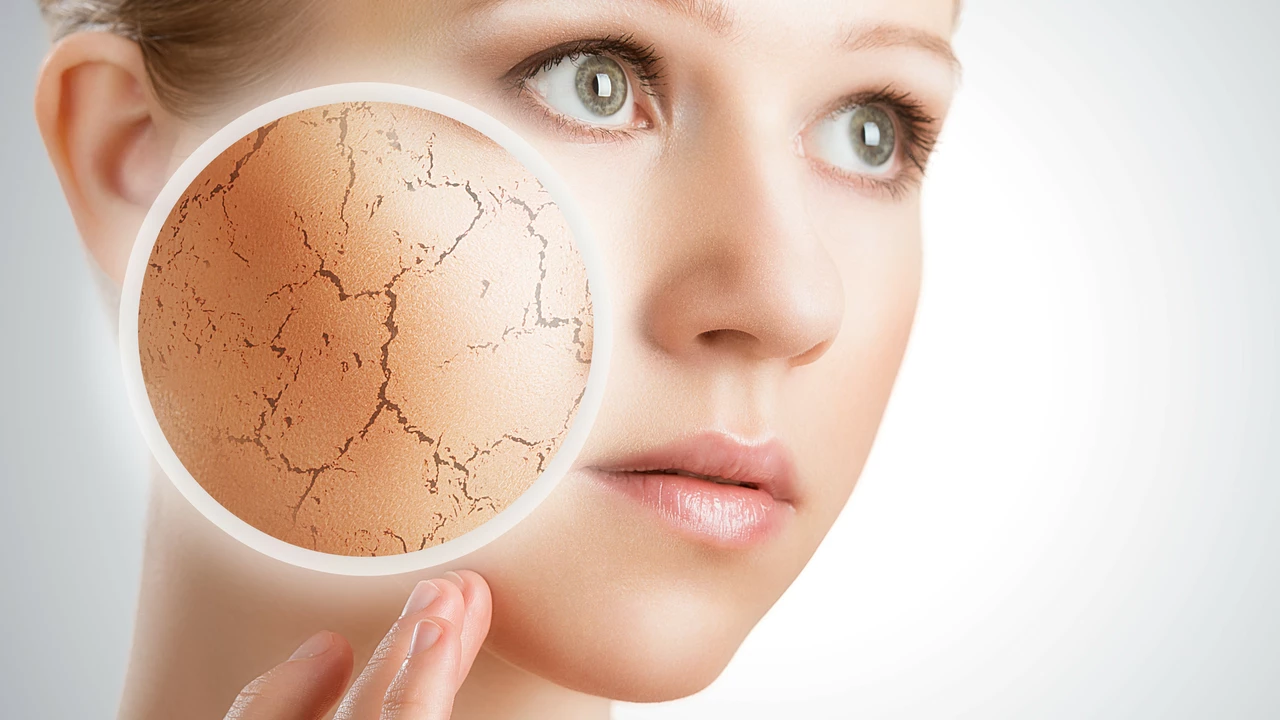Alright, friends, let's dive into the deep end of the estrogen pool and splash around some skin health knowledge. First off, estrogen doesn't make your skin greasy like a fast-food fryer, but it actually helps keep it plump and youthful. And no, too much estrogen won't make you grow a second head, but it can indeed impact skin health. The magical hormone can also help heal wounds, so it's like your skin's very own superhero. In short, estrogen may be the secret sauce to radiant skin, so let's debunk those myths and misconceptions, one skincare routine at a time!
Misconceptions About Medications: Myths You Should Stop Believing
Medicine advice gets messy online. One person’s story becomes “fact,” and before you know it a myth is shaping how people take real drugs. This page collects common misconceptions about medications, explains why they’re wrong, and points you to practical articles that give straight answers.
Why myths spread and why that matters
Stories spread faster than checks from your insurance. People share dramatic side effects, miracle cures, or hacks that sound clever but are unsafe. Myths matter because they change behavior — skipping prescriptions, mixing drugs, or buying meds from risky sources. That can lead to treatment failure or worse.
Take antibiotics and alcohol. You might have heard you must avoid alcohol with every antibiotic. That’s false. Most antibiotics won’t react badly with alcohol, but a handful (like metronidazole or tinidazole) can cause serious reactions. Knowing which drugs are the problem stops unnecessary fear while keeping you safe.
Common medication myths and what the evidence says
Myth: Natural equals safe. Many people prefer herbal bronchodilators to Ventolin, thinking natural is harmless. Reality: herbs can help some people, but they’re often weaker, inconsistent in dose, and can interact with prescribed drugs. If you use herbs, tell your clinician and don’t replace proven treatments without a plan.
Myth: Strong drugs are always “too risky.” A drug like Accutane has real risks, but for people with severe acne it can be life-changing. The right choice depends on monitoring and informed consent, not fear-based headlines. Read balanced guides and ask your dermatologist about monitoring and side effects.
Myth: You can safely buy any prescription online if it’s cheaper. Cheaper drugs are tempting, but look for verification, prescription requirements, clear contact info, and secure payment. Articles here show how to buy Zithromax, Esomeprazole, and Ceftin safely and spot scam sites.
Myth: Supplements are always a quick fix. Things like chitosan, calcium D-glucarate, or cup plant are interesting, but evidence is mixed. Supplements can help in narrow cases but rarely replace diet, exercise, or prescribed meds. Check doses, interactions, and quality labels.
Want practical steps? Ask these questions before you act: Do I have a legitimate prescription? Have I checked interactions with current meds? Is the source verified and transparent about shipping and returns? Can my healthcare provider review this plan?
Use this tag page as a hub. You’ll find articles that go deeper on specific myths — from antibiotic rules and Accutane realities to guidebooks for buying meds online. Read, ask your pharmacist, and be skeptical of dramatic claims. Medicine should be chosen with facts, not fear.
Got a myth you want busted? Send a question through our Contact page and we’ll link you to reliable, practical answers on DoctorSolve.com.

